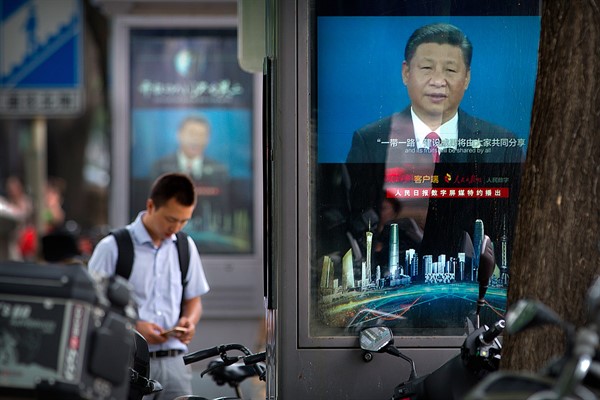In late November, Daniel Zhang, the chairman and CEO of Chinese e-commerce giant Alibaba, gave a speech at the Chinese government-sponsored World Internet Conference. The event was taking place in Wuzhen, a historic town in eastern Zhejiang province, but Zhang’s intended audience was hundreds of miles away, in Beijing. Just weeks earlier, Chinese regulators had nixed the blockbuster initial public offering of Ant Group, Alibaba’s financial arm, reportedly at the behest of China’s leader, Xi Jinping. Xi and other top officials took umbrage at earlier comments by Jack Ma, Alibaba’s co-founder, who had publicly criticized regulators for stifling innovation.
Seeking to mend fences, Zhang’s carefully scripted address praised government policies for growing the digital economy while highlighting Alibaba’s role in helping China become a “cyber superpower.” This was not the first instance of a prominent tech executive paying lip service to Xi’s long-term goal of technological supremacy. And given the party’s current emphasis on solidifying control over the private sector, it won’t be the last.
Xi first announced his goal of transforming China into a cyber superpower in a speech in 2014, two years after taking the reins of the Communist Party. Since then, he has cemented his digital manifesto’s status as a national strategy and elevated its importance at numerous political gatherings. Technology-focused events like China Cybersecurity Week and the annual Digital China Summit routinely feature Xi’s signature initiative, which was recently turned into a book published by the party. More importantly, the Communist Party’s Central Committee, a top decision-making body composed of around 370 senior officials, reaffirmed the goal of becoming a cyber superpower as a key priority at a meeting in late October.

